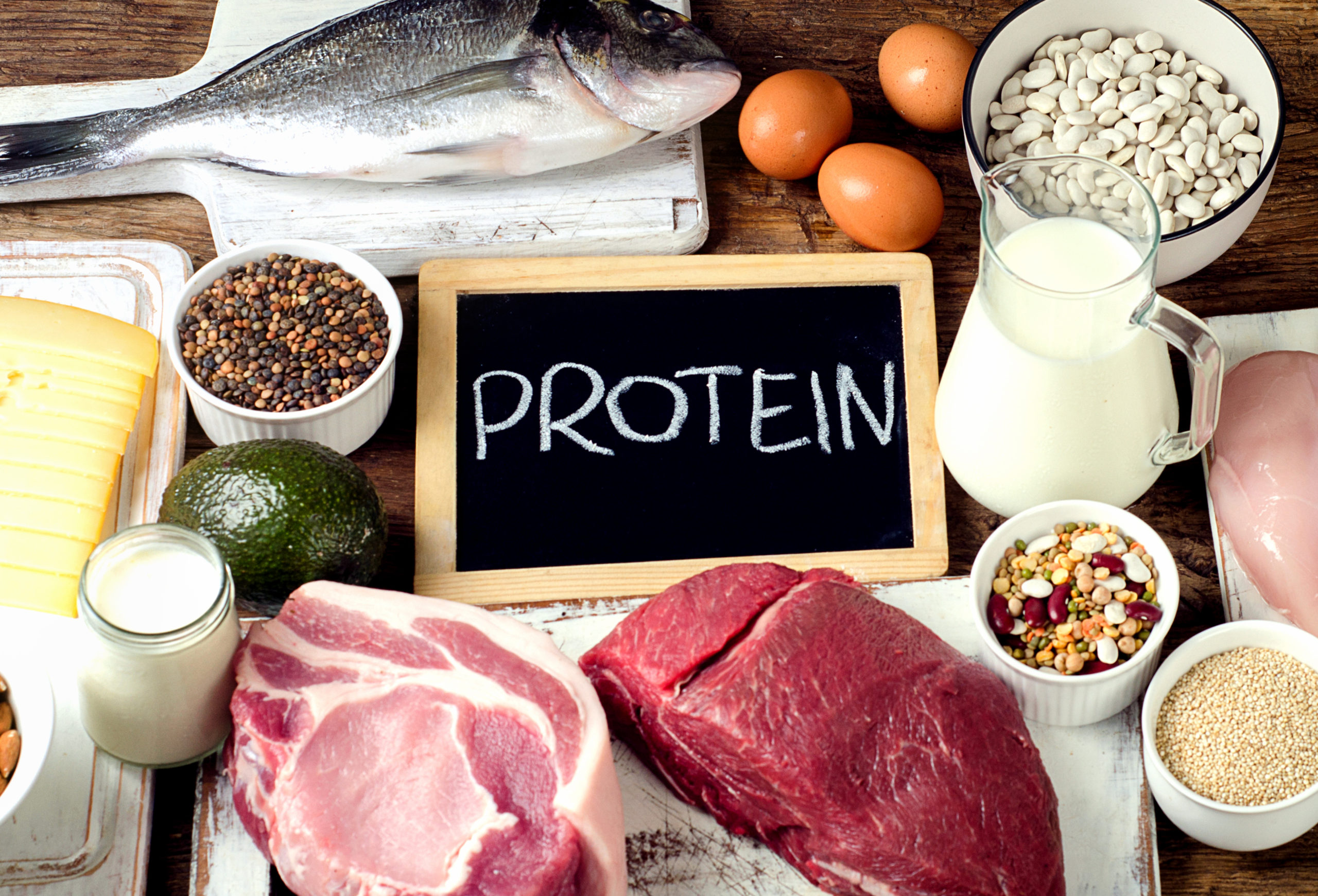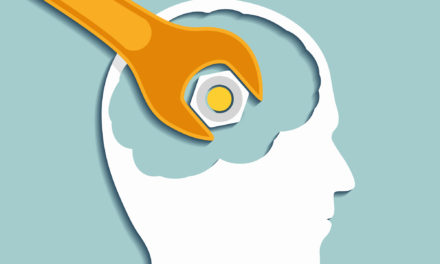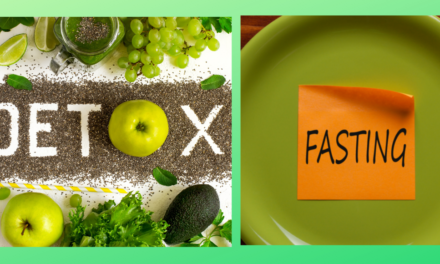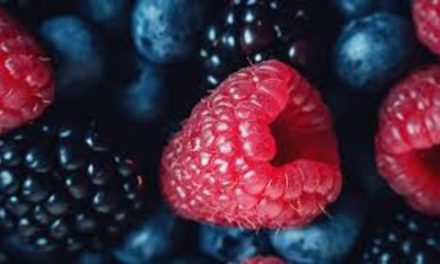Which calories are good and which are not?
Committing to having healthier eating habits may be a tough one. Knowing how to implement that commitment may be even harder. Where do you start? What foods should you eat, and which ones should you stay away from?
Calories for energy
A calorie is nothing more than a unit to indicate how much energy certain amounts of food supply. On food labels, energy is expressed in kilocalories as standard. One kcal equals 1000 cal. When we talk about energy, we are talking about calories.
This energy is essentially used for all our body processes. Burning calories give you energy to walk, breathe, digest your food, make your heartbeat, think, practice sports, and more
Two types of nutrients
We need nutrients to survive. We need vitamins, minerals, and calories every day. There are two types of nutrients;
- Micronutrients are our vitamins and minerals. These substances enable the body to produce enzymes, hormones, and other substances essential for proper growth and development. Our body needs smaller amounts of micronutrients relative to macronutrients. That’s why they’re labeled “micro”. Failing to get even those small quantities virtually guarantees disease.
- Macronutrients are where our calories come from. The three types of macronutrients are fat, carbohydrates and proteins.


A steady supply of macro- and micronutrients
To maintain your brain, muscle, bone, nerves, skin, blood circulation, and immune system, your body requires a steady supply of the many different raw materials—both macronutrients and micronutrients.
Many people think that all fats and all carbohydrates are bad. That leaves us with just protein. If this were the case, our diets wouldn’t be very enjoyable. Fortunately, not all fats are bad and the same goes for carbohydrates.
The calories of fats and proteins are used as fuel and as building material. The calories of carbohydrates mainly provide energy.

The calories of Carbohydrates
With all the negative publicity, you might be afraid to eat any carbohydrates. Carbohydrates are our main fuel source. Don’t deprive yourself of it.
Carbohydrates are divided into complex or unprocessed carbohydrates and refined carbohydrates.
- Complex carbohydrates like whole grains, vegetables, fruits, seeds, nuts, and kernels will keep you energized throughout the day and avoid sugar highs and lows. These carbohydrates contain fiber and they are also accompanied by important vitamins and minerals. It is precisely those fibers, vitamins, and minerals that are good for your health and your line
- Refined carbohydrates are found in highly processed foods and in soft drinks. Sugar is typically added to such products. These carbohydrates you should stay away from because such products can make you obese.
The amount of carbohydrates is a problem within the western diet. Your body stores carbohydrate surpluses as body fat. And since we eat an incredible amount of products, to which sugar has been added, those carbohydrate surpluses arise quickly.
The calories of Fats
Fats are also vital. Without fat, our body wouldn’t be able to utilize a number of the vitamins we consume. Fat is found in our cell walls and make up a big part of hormones. Fats you ought to avoid are saturated fats that come in meat, milk and dairy products. Everyone should consume good (unsaturated fats) that come from plant sources such as nuts and olives.
Dietary fats are converted in your body into:
* Fuel: Your body uses this energy source when you do moderately intensive exercise such as walking, quiet cycling, and gardening.
* Building material: as building material, dietary fats are important for your hormones, neurotransmitters, your brain and for the outside of all your body cells. Dietary fats are also important for the absorption of minerals and thus for the absorption of vitamins.
Your body also has a lot of trouble digesting dietary fats. This process costs calories, which is why some of those 9 calories that provide dietary fats are used for the digestion process itself.
Dietary fat is not the same as body fat. So it is not the case that if you avoid dietary fat, you get fewer calories so that you lose weight and thus get less body fat.
But when you eat a low-carbohydrate diet and avoid sugars, for example. Then there is automatically less glucose in your blood. However, your brain needs glucose for it to function. That is why your body can produce glucose from dietary fats.
Another advantage of dietary fats is that they have a satiating effect. You are not hungry so you eat less in a day. Also, dietary fats do not quickly raise blood sugar levels. This is also an advantage because a strongly fluctuating blood sugar level is related to obesity.
Healthy dietary fats are for example avocado, extra virgin olive oil, coconut fat, raw nuts, egg, …

The calories of protein
Proteins are important building blocks of your body. All your body cells contain proteins. Your muscles, for example, are full of proteins. Proteins also saturate, just like dietary fats (source). This means that you will not feel hungry again after a protein-rich meal. Also, proteins do not cause blood sugar to rise quickly. Scientists have determined that 10% to 35% of our daily calorie intake should be via protein.
-
Animal sources of protein: meat, fish, eggs and whole dairy.
-
Vegetable sources of protein: quinoa, legumes, nuts, and lentils.

Now, what are good and bad calories?
You will find good calories in healthy and wholesome food such as vegetables, fruit, nuts, olive oil, legumes, fish, chicken, oatmeal, beans, and whole-grain products. These calories fit into a healthy lifestyle.
Bad calories can be found in sugar and carbohydrate-rich foods. You should avoid these calories as much as possible. They offer you almost no nutrients, but a ton of empty calories. If you’re trying to maintain your weight, you’ll have to pay attention to your “bad” calorie intake. They only make you feel full temporarily, but usually lead to cravings shortly after.
The worst calories can be found in foods that contain trans fats, such as margarine, ready meals, and many industrially prepared foods. These calories are immediately stored in your fat cells after consumption.
The key to good health is the kind of calories we take in, not the number.





Did you find this post useful, inspiring? Save one of these pins above to your healthy lifestyle board on Pinterest.







0 Comments
Trackbacks/Pingbacks